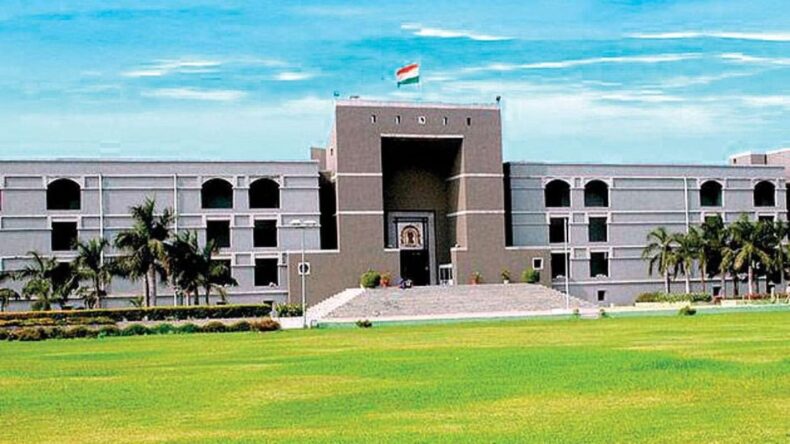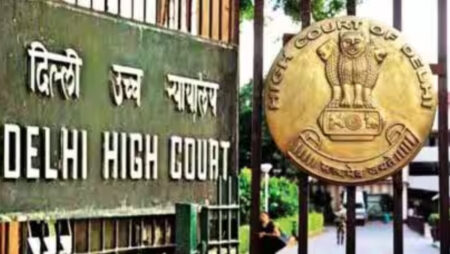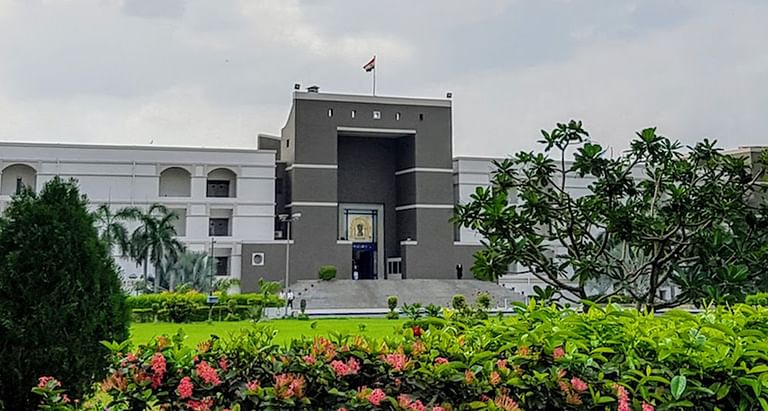
In a recent ruling, the Gujarat High Court quashed an assessment order issued by the income tax authorities without granting the petitioner an adequate opportunity to be heard. The court found that the show cause notice cum draft assessment order was issued with an unreasonably short deadline, leaving the petitioner less than 12 hours to respond. This article examines the details of the case and the court’s decision, highlighting the importance of natural justice in assessment proceedings.
Background of the Case
Dineshkumar Chhaganbhai Nandani is the central figure in the case. In July 2014, he submitted his income tax return for the Assessment Year 2014–2015, stating a total income of Rs. 3,39,730. In March 2021, the Income Tax Officer subsequently sent the petitioner a notice under Section 148 of the Income Tax Act demanding that they submit an income tax return for the same assessment year. The petitioner swiftly cooperated with the demand by delivering the needed income tax return.
But the petitioner was sent a number of subsequent notifications under Sections 143(2) and 142(1) of the Act, requesting more information. A show-cause notice according to Section 144 of the Act was issued in February 2022. The petitioner requested that the authorities halt the evaluation process by presenting preliminary concerns and accompanying data. Unfortunately, as stated in a letter sent in March 2022, the concerns were denied.
The petitioner was given just 12 hours to respond when the Additional/Joint/Deputy/Assistant Commissioner of Income Tax issued another show cause notice in March 2022. The petitioner quickly submitted partial filings and answers and asked for the chance to have a hearing via video conference, which was finally granted. Nevertheless, despite the petitioner’s efforts, a Section 147 read with Section 144B assessment order was issued, which prompted the petitioner to file a High Court case.
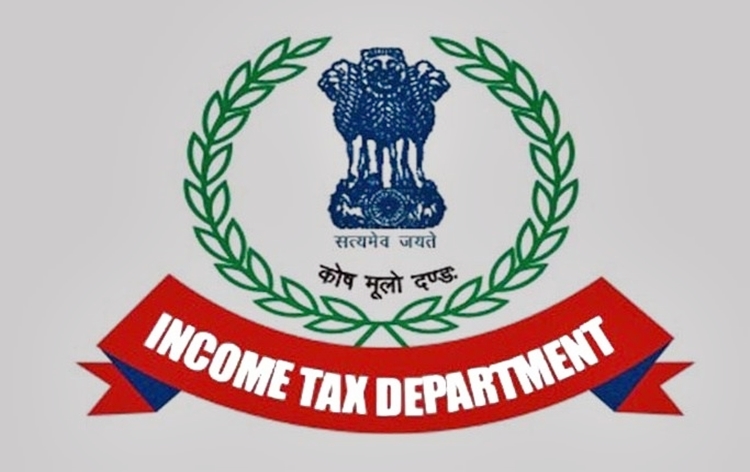
The Court’s Observation and Analysis
The case’s facts were thoroughly examined by the division bench of Justices Vipul M. Pancholi and DM Desai. The petitioner was not given access to the required papers, and the court remarked that no chance for cross-examination was given within the unreasonable short time period of less than 12 hours. The bench recognised the inherent difficulty for any party to prepare a comprehensive reply in such a short amount of time.
The petitioner’s attorney, BS Soparkar, stated that the respondents’ action of giving the respondents only 12 hours to answer to the show cause notice was an obvious infringement of the natural justice standards. He emphasised that although the petitioner had submitted a rapid reply, the authorities had not given the petition enough time for a fair hearing.
The possibility to cross-examine a witness whose testimony served as the foundation for the petitioner’s explanation was underlined by attorney Soparkar, along with the petitioner’s request for specific documents for cross-verification. However, these requests were not granted, and there was no chance for a cross-examination, blatantly breaking the natural justice norms. As a result, he requested that the High Court vacate the assessment ruling and return the case to the authorities for further review.
On the other hand, the respondents’ Standing Counsel, Advocate Karan Sanghani, objected the petition on the grounds that the petitioner had not responded to many notifications that had been handed out previous to the show cause notice and the assessment order. According to Sanghani, the petitioner had the chance to furnish the relevant information and had even responded to the show cause notice. He argued that the petitioner’s argument that there were only 12 hours allotted for a response was erroneous.
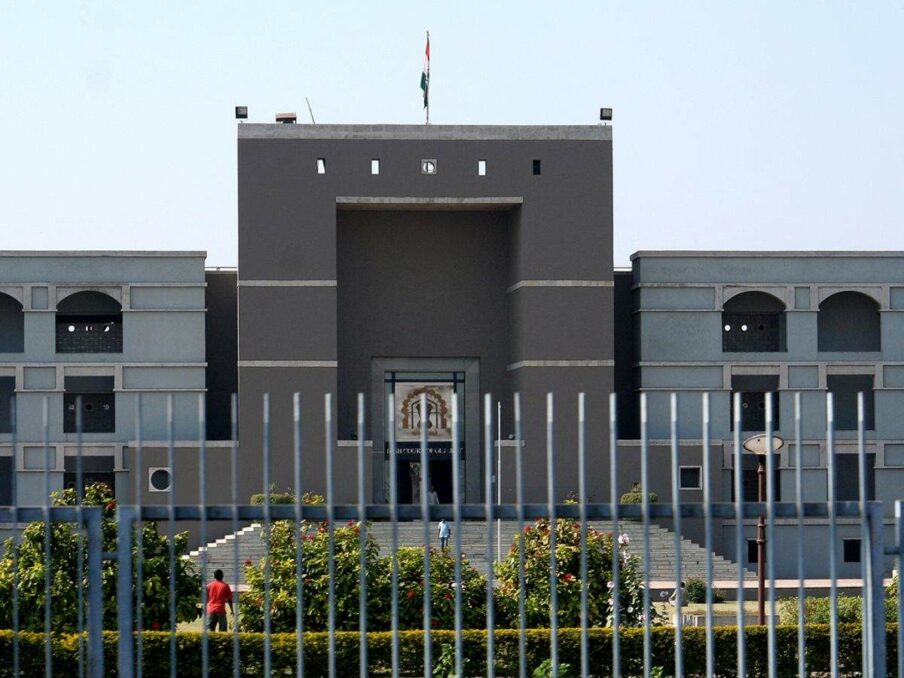
The Gujarat High Court’s Decision
The High Court rejected the arguments presented by the Standing Counsel and agreed with the petitioner’s counsel. The court emphasized that when a show cause notice cum draft assessment order is issued, it is essential to provide a reasonable and adequate opportunity for the petitioner to respond. In this case, the court found that the petitioner was not given sufficient time or the necessary documents for a proper response, which violated the principles of natural justice.
As a result, the High Court quashed the assessment order and set it aside. The court recognized the importance of granting a fair opportunity to the petitioner and ensuring that the principles of natural justice are upheld throughout the assessment proceedings. The case serves as a reminder to income tax authorities to adhere to these principles and allow taxpayers adequate time and resources to present their case effectively.
Conclusion
The Gujarat High Court’s decision to quash the assessment order highlights the significance of providing a fair and reasonable opportunity to taxpayers during assessment proceedings. It reiterates the importance of upholding the principles of natural justice, including the right to be heard and the right to cross-examine witnesses and obtain relevant documents. The court’s ruling serves as a precedent for similar cases and emphasizes the need for income tax authorities to conduct assessments in a just and impartial manner. By ensuring that taxpayers have ample time and resources to respond, the integrity of the assessment process is preserved, and the rights of individuals are protected.







